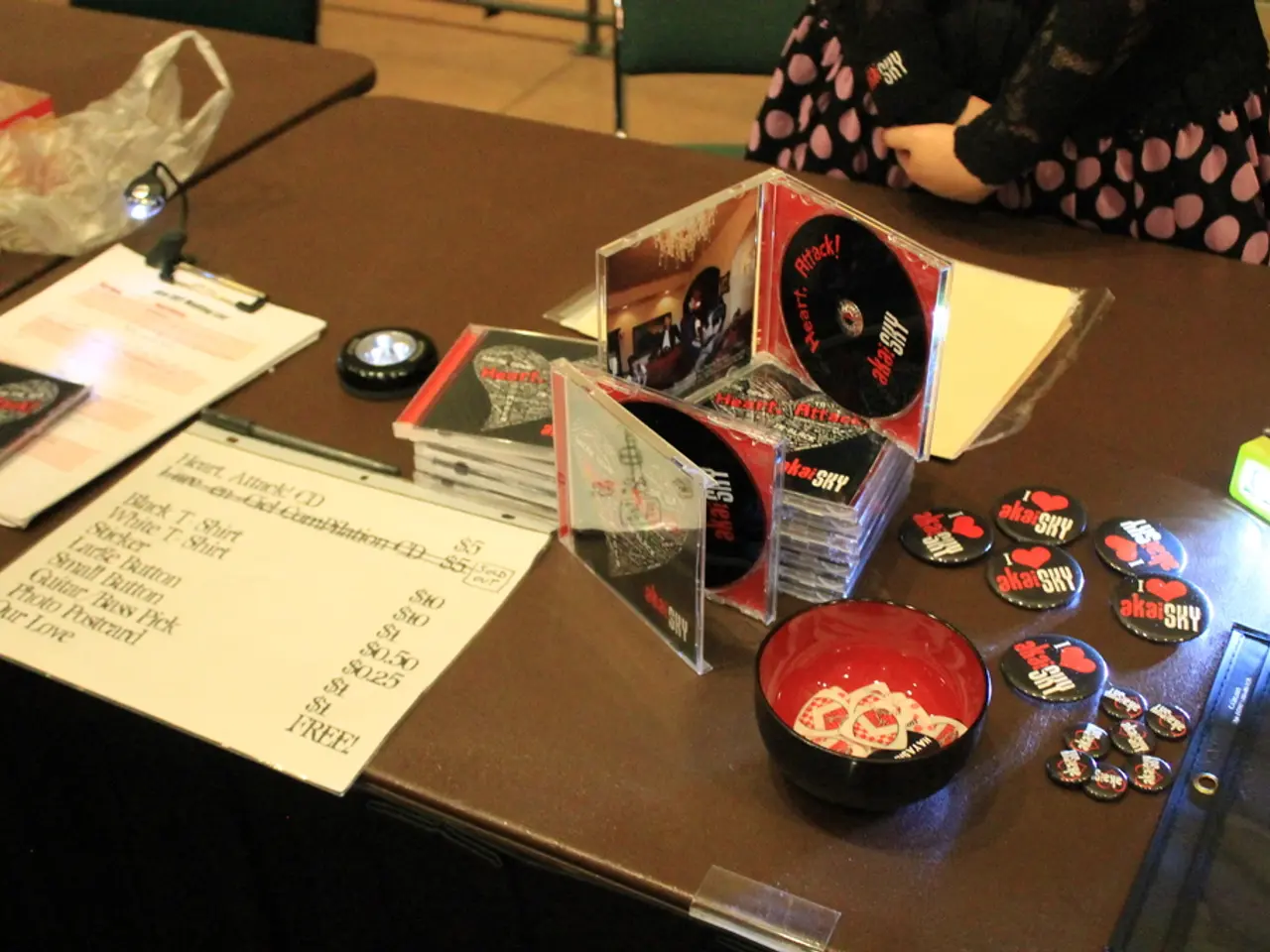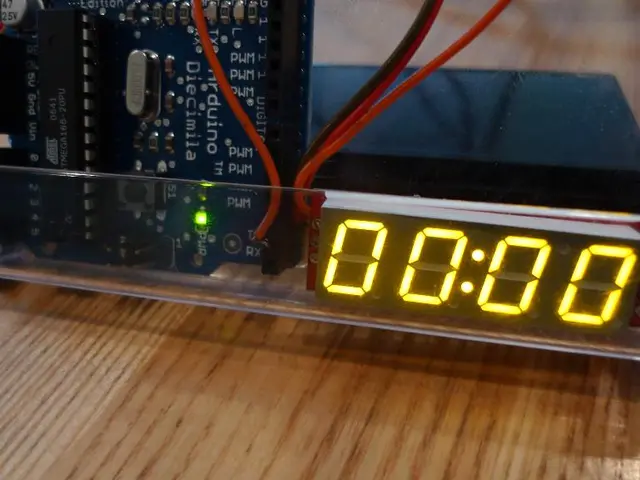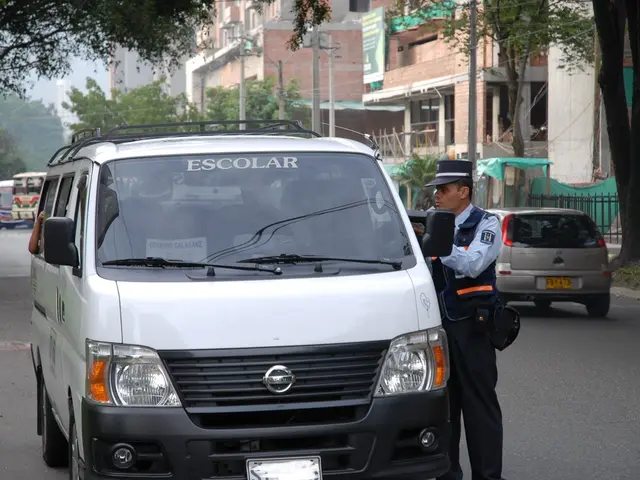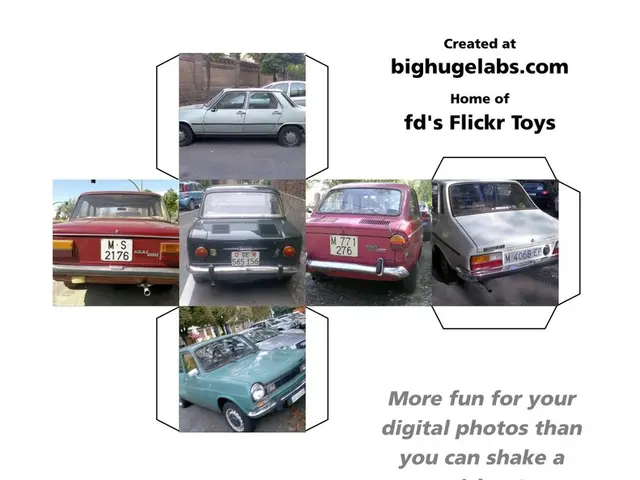Report Unveils Use Cases of ISO 20022 in Cross-Border Real-Time Payments, as Pushed by the U.S. Faster Payments Council
The U.S. Faster Payments Council (FPC) has recently published a report highlighting the transformative impact of ISO 20022 on cross-border payments. According to the report, ISO 20022 messaging is driving payments modernization by providing a standardized, data-rich, and harmonized messaging format that enhances automation, transparency, and efficiency across payment systems.
Mark Majeske, SVP of Faster Payments at Alacriti and FPC Cross-Border Payments Work Group Chair, stated that the report underscores how ISO 20022 is laying the foundation for modern, interoperable cross-border payment systems. The report also emphasizes how ISO 20022 supports broader public policy goals, such as financial inclusion, by connecting payment infrastructures and empowering underserved populations through initiatives like Nexus and Mandala.
Key benefits of ISO 20022 include smarter payments via richer, structured data formats that improve reconciliation, fraud prevention, and compliance checks. Faster payments are enabled by harmonized messaging standards that eliminate costly and slow translation processes between different legacy systems. More inclusive payments are achieved by lowering technical and cost barriers for Payment Service Providers (PSPs) and fintechs globally, promoting broader market access and enabling new participants to offer cross-border payment services.
The report provides practical applications such as streamlining international buyer-to-supplier payments with enhanced data enabling real-time tracking and faster settlements. Improved tourism and retail cross-border transactions are facilitated through faster access to funds and clear payment details, creating better customer experiences. Financial inclusion efforts are supported by enabling interoperable payment rails that connect underbanked regions and populations into the global economy.
Examples of ISO 20022's impact include U.S. manufacturers streamlining cross-border supplier payments, entrepreneurs in developing economies accessing global markets with real-time tools, and tourists in Brazil making instant FX transactions via QR codes.
Jonathan Holland, Vice President, Account Management at Mastercard and Vice Chair of the Cross-Border Payments Work Group, emphasized that ISO 20022 is a strategic enabler of payments innovation. As governments and industry players build more open, real-time payment environments, ISO 20022 is driving alignment across borders. The FPC Cross-Border Payments Work Group's research demonstrates how ISO 20022 is reshaping the way money moves globally.
In conclusion, ISO 20022 establishes a foundation for future-ready, data-driven, and scalable cross-border payment ecosystems. As the world moves towards more open, real-time payment environments, ISO 20022 is poised to play a crucial role in driving alignment and innovation. The FPC is proud to share the findings of the Cross-Border Payments Work Group's research, which illuminates the path forward toward a future where faster, smarter, and more inclusive payments are the norm.
The FPC Cross-Border Payments Work Group's research demonstrates how ISO 20022, a strategic enabler of payments innovation, is reshaping the way money moves globally by fostering smarter payments with richer, structured data formats (compliance checks, fraud prevention). As governments and industry players build more open, real-time payment environments, ISO 20022 is driving alignment across borders, facilitating more inclusive payments by lowering technical and cost barriers for PSPs and fintechs worldwide (inclusive payments). This standardization, as discussed in the report, is laying the foundation for modern, interoperable cross-border payment systems (cross-border payments).




